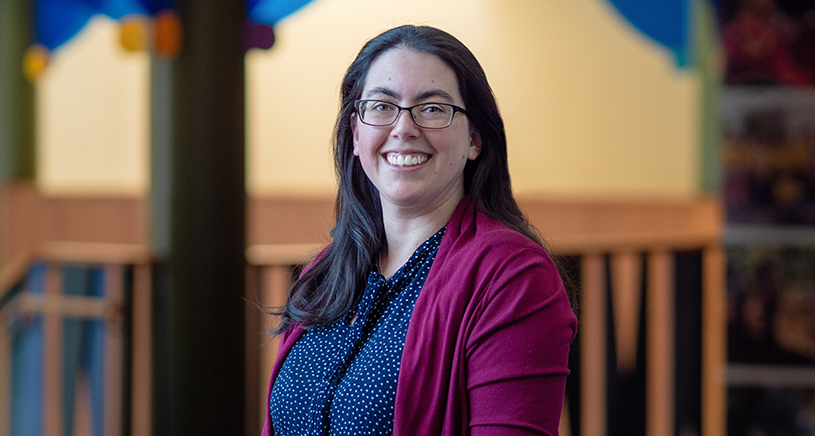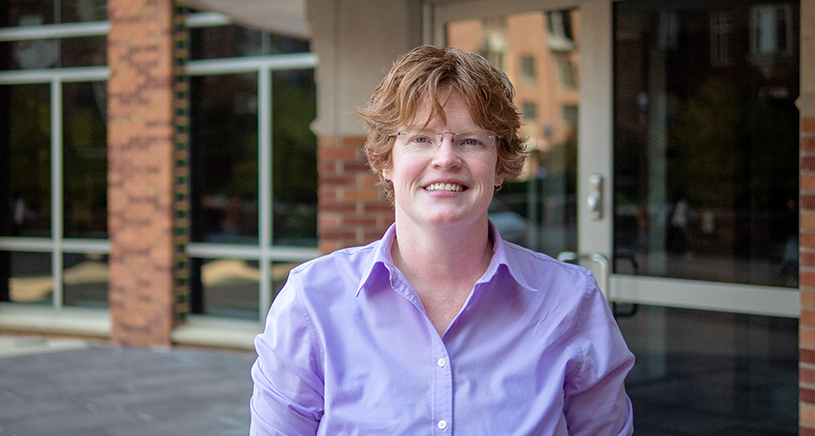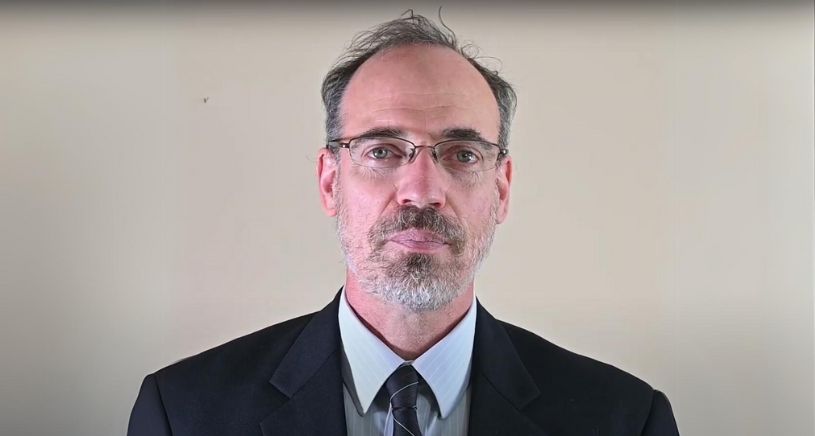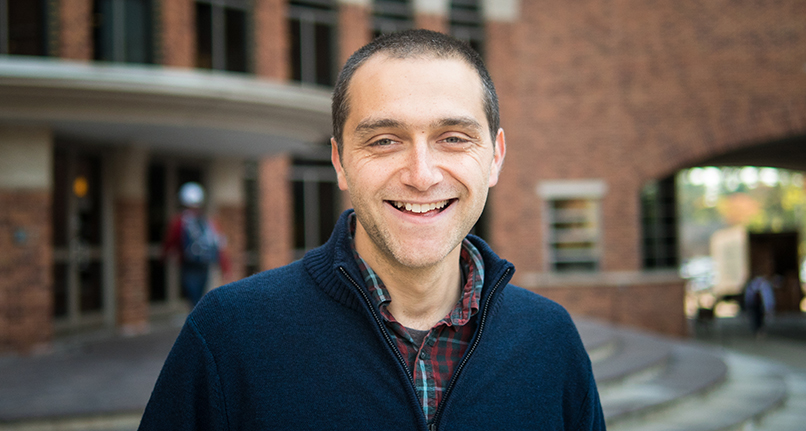Courses Taught by Marie O'Neill
EHS668: Interprofessional Perspectives In Occupational Health And Safety
- Graduate level
- Residential
- Winter term(s) for residential students;
- 2 credit hour(s) for residential students;
- Instructor(s): Marie O'Neill (Residential);
- Offered Every winter semester (next offering: Winter 2025)
- Last offered Winter 2024
- Prerequisites: None
- Undergraduates are allowed to enroll in this course.
- Description: Seminar in applying interprofessional approaches to occupational health issues. Group case study work and presentations by speakers from industry, labor organizations, governments, and academia.
- Syllabus for EHS668

EPID506: Health of Nations: Introduction to International Health
- Graduate level
- Residential
- Fall term(s) for residential students;
- 3 credit hour(s) for residential students;
- Instructor(s): Marie O'Neill (Residential);
- Offered every year
- Prerequisites: Grad Status
- Description: This course presents an overview of mortality and disease occurrence in terms of geographic, cultural, nutritional and environmental factors. Reviews health indicators such as infant mortality and economic factors associated with development. Discusses health problems of developing countries and describes programs and organizations involved in addressing them. This course is required for students in the International Health track in Epidemiology but can also be taken by non International Health students.
- Syllabus for EPID506

| Department | Program | Degree | Competency | Specific course(s) that allow assessment | EPID | Global Health Epidemiology | MPH | Explain the history and key initiatives of global health, how health and development strategies interact, and the role of cross-sector organizations in global health governance and practice | EPID506 | EPID | Global Health Epidemiology | MPH | Utilize health data from low- and middle-income countries to assess the global burden of disease, associated risk factors and health trends, and scope and limitations of available data | EPID506 | EPID | Global Health Epidemiology | MPH | Apply the steps in developing research infrastructure for population health studies in low- and middle-income countries, including consideration of local ethics and IRB review | EPID506, EPID664 | EPID | Global Health Epidemiology | MPH | Demonstrate contextual expertise in at least one country/region including knowledge of the structure of health systems and the public health infrastructure, as well as major public health intervention programs | EPID665, EPID506 |
|---|
EPID604: Applications Of Epidemiology
- Graduate level
- Residential
- Fall, Winter, Spring, Spring-Summer, Summer term(s) for residential students;
- 1-6 credit hour(s) for residential students;
- Instructor(s): Ella August, James Buskiewicz, Sara Adar, Matthew Boulton, Andrew Brouwer, Melissa Beck, Kelly Bakulski, Miatta Buxton, Joseph Eisenberg, Marisa Eisenberg, Nancy Fleischer, Betsy Foxman, Aubree Gordon, Alexis Handal, Jennifer Head, Jihyoun Jeon, Spruha Joshi, Sharon Kardia, Carrie Karvonen-Gutierrez, Lindsay Kobayashi, Peter Larson, Aleda Leis, Elizabeth Levin-Sparenberg, Lynda Lisabeth, Juan Marquez, Emily Martin, Briana Mezuk, Alison Mondul, Lewis Morgenstern, Belinda Needham, Marie O'Neill, Sung Kyun Park, C. Leigh Pearce, Laura Power, Alex Rickard, Jennifer Smith, Eduardo Villamor, Abram Wagner, Xin Wang, Douglas Wiebe, Zhenhua Yang, Jonathan Zelner, (Residential);
- Prerequisites: Instructor Permission
- Description: Application of epidemiological methods and concepts to analysis of data from epidemiological, clinical or laboratory studies. Introduction to independent research and scientific writing under faculty guidance.
- This course is cross-listed with .
- Syllabus for EPID604








































